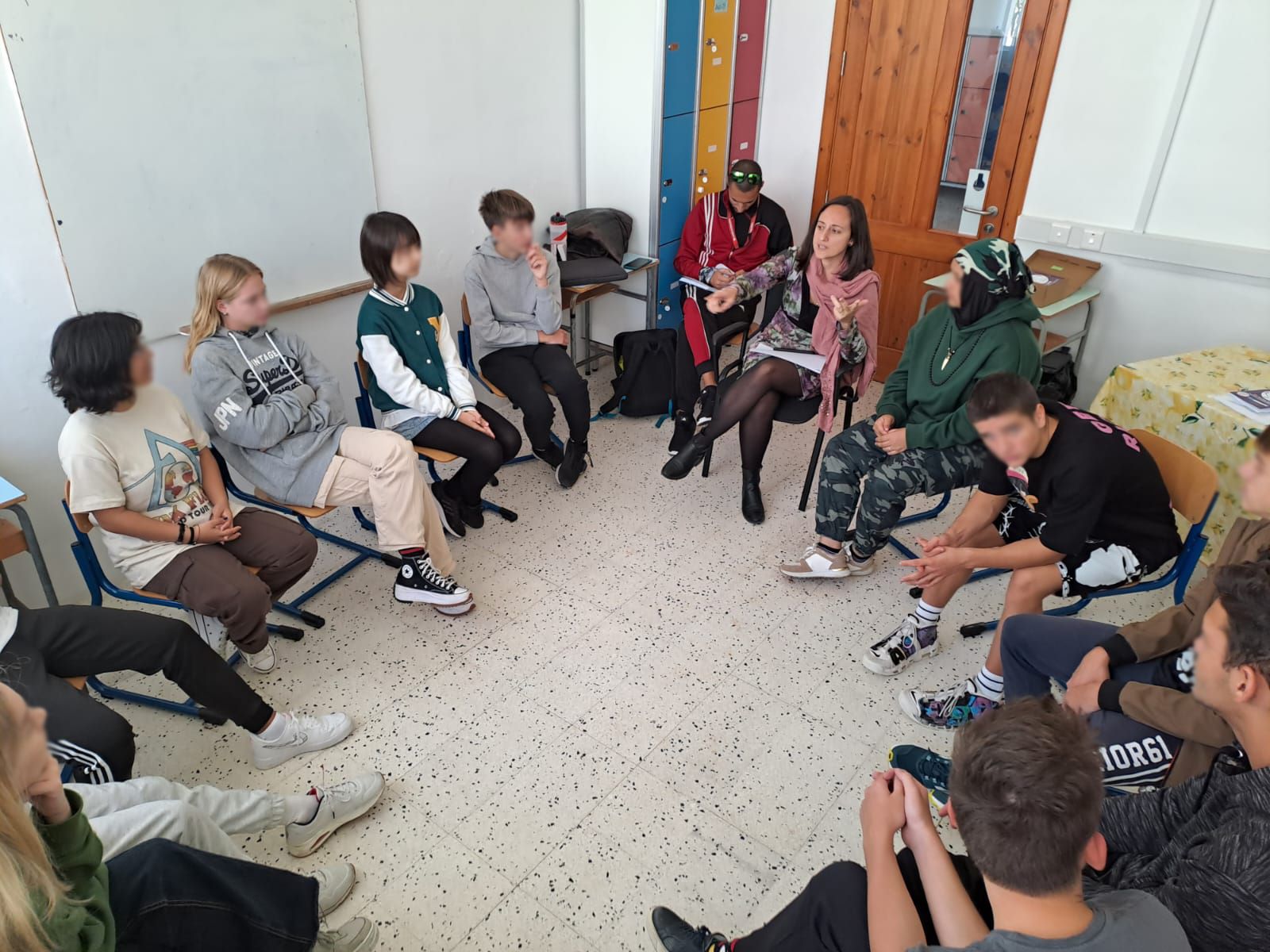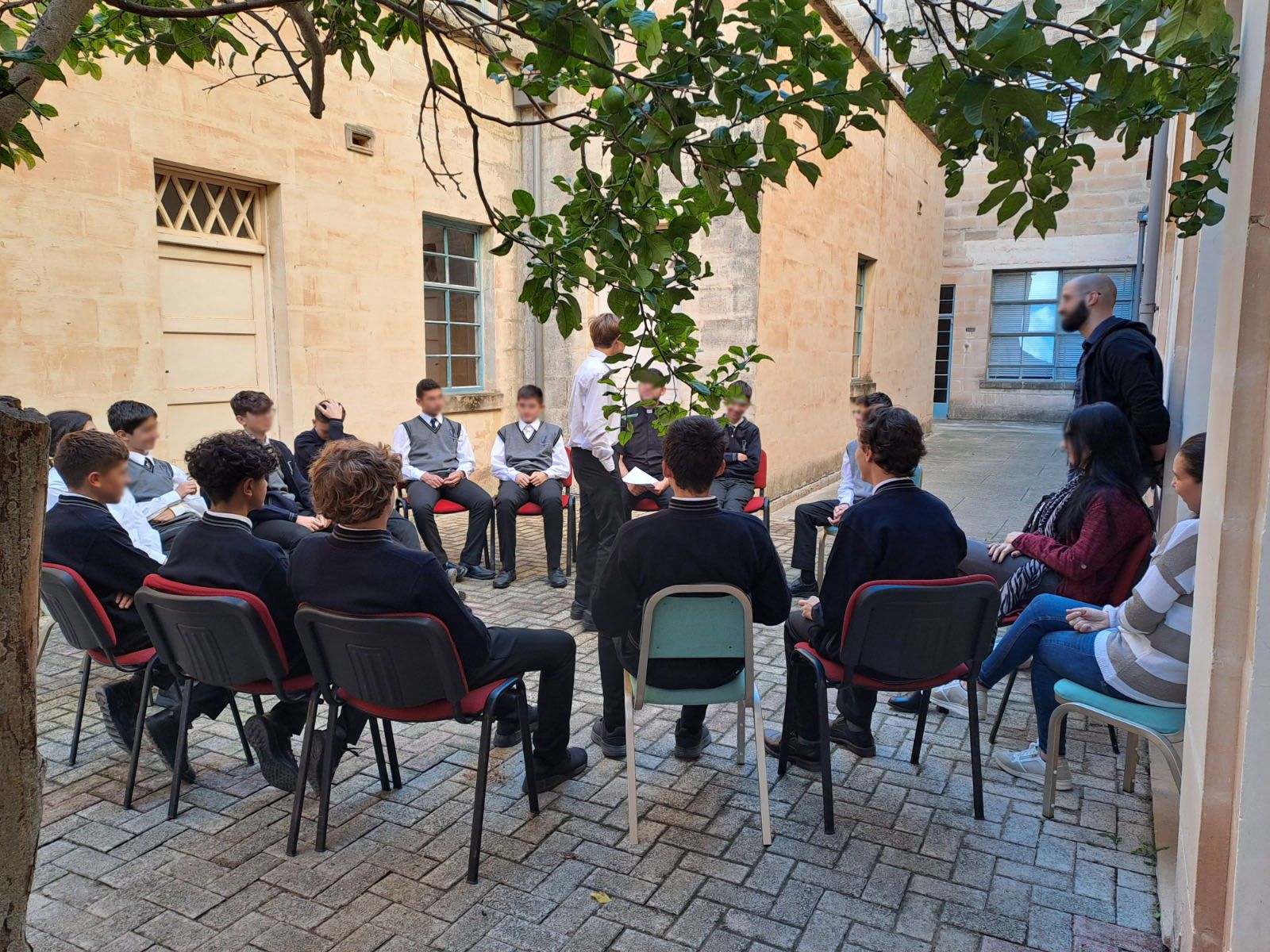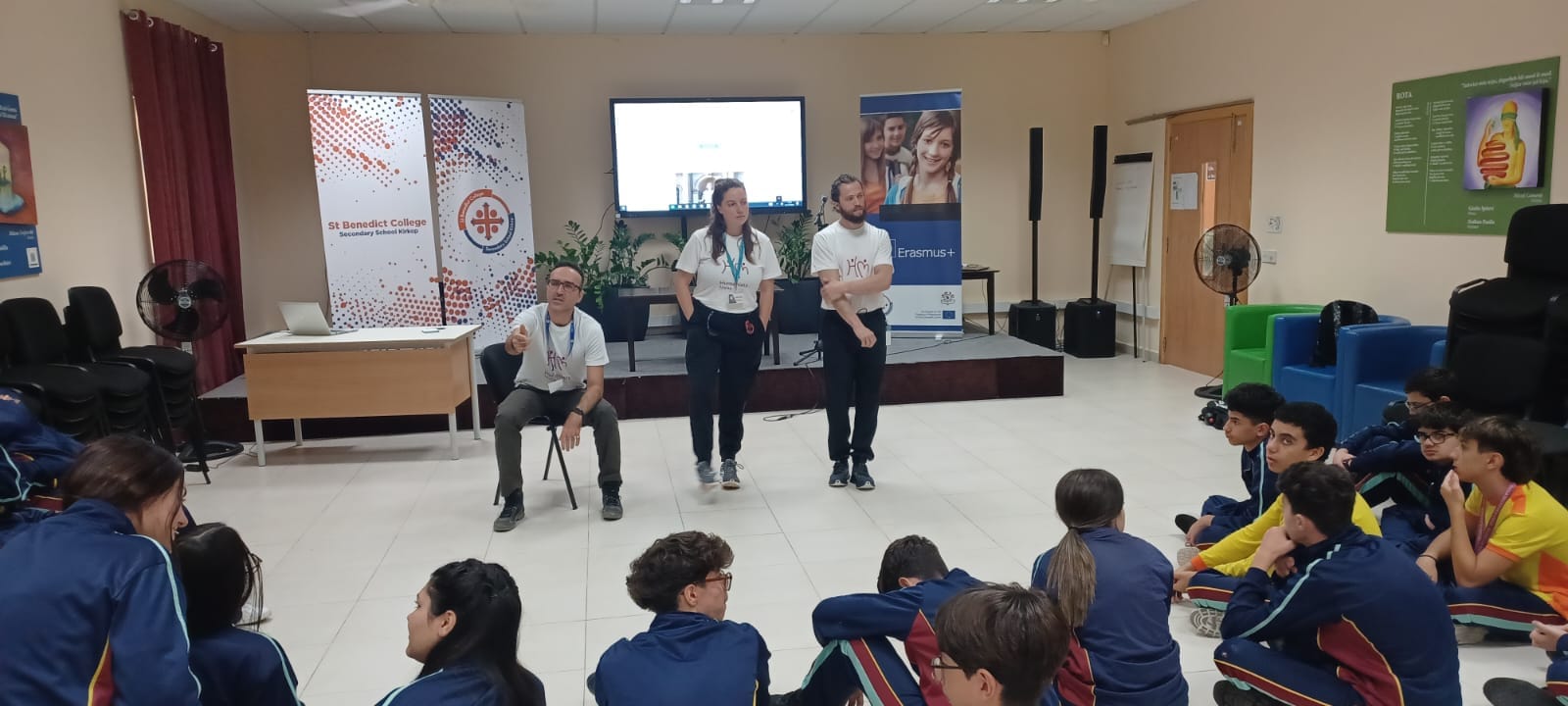Ethics Education
Ethics Education
Humanists Malta has been at the forefront in promoting ethics education in schools (read more on this below). We continue supporting Ethics education by providing material to parent and ethics teachers and also offer free school visits with formative and engaging activities.
Requests for school visits may be submitted via ethics@humanistsmalta.org.
There are significant parts of the national ethics syllabus which deals with Humanism and therefore we also provide a page with material which can be freely used in your classroom.
Learn more
In 2012, with the full support of the (then) Malta Humanist Association, the National Curriculum Framework introduced Ethics as a secular and philosophical alternative for students whose parents wish to withdraw their children from Catholic religious education. Students first sat for a MATSEC exam in Ethics in 2018.
Ethics education has apparently been growing, though statistics are hard to come by. It was reported that, by 2018, just over 4,000 students were studying Ethics instead of religion [1], and that Ethics was available in most state secondary schools (though only 20 state primary schools). In 2023 the Education Ministry told Humanists Malta that there has been significant progress in the provision of Ethics Education in state schools, that Middle and Secondary schools have the full complement of teachers, and that educators were allocated to primary schools which requested the subject. And we have had some positive feedback from our followers about their children’s experience of Ethics classes.
Non-religious education is an acknowledged human right [2], and an alternative to education in the Catholic religion is a necessary and just reflection of the Constitution’s stipulation that no minor is required to receive instruction in religion if the person in authority over them objects [3], and that everyone is entitled to freedom of conscience [4].
We trust that students will continue to retain the option to study Ethics, as an increasingly popular alternative to Religion. But more importantly, we urge that students who choose to study Religion will have the option to study Ethics alongside their religious studies. In an increasingly diverse society, the curriculum must encourage recognition and discussion of alternative worldviews, both to support students from non-Maltese backgrounds, and to help all students to understand and embrace religious and cultural diversity.
[2] European Convention on Human Rights, Protocol 1, Article 2: “. . .In the exercise of any functions which it assumes in relation to education and to teaching, the State shall respect the right of parents to ensure such education and teaching in conformity with their own religious and philosophical convictions.”
[3] Article 40.(2) “No person shall be required to receive instruction in religion or to show knowledge or proficiency in religion if, in the case of a person who has not attained the age of sixteen years, objection to such requirement is made by the person who according to law has authority over him and, in any other case, if the person so required objects thereto. . .”
[4] Article 32 “Whereas every person in Malta is entitled to the fundamental rights and freedoms of the individual, that is to say, the right, whatever his race, place of origin, political opinions, colour, creed, sex, sexual orientation or gender identity, but subject to respect for the rights and freedoms of others and for the public interest, to each and all of the following, namely – (a) life, liberty, security of the person, the enjoyment of property and the protection of the law;(b) freedom of conscience, of expression and of peaceful assembly and association; and (c) respect for his private and family life. . .”








